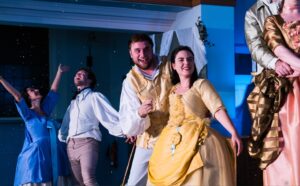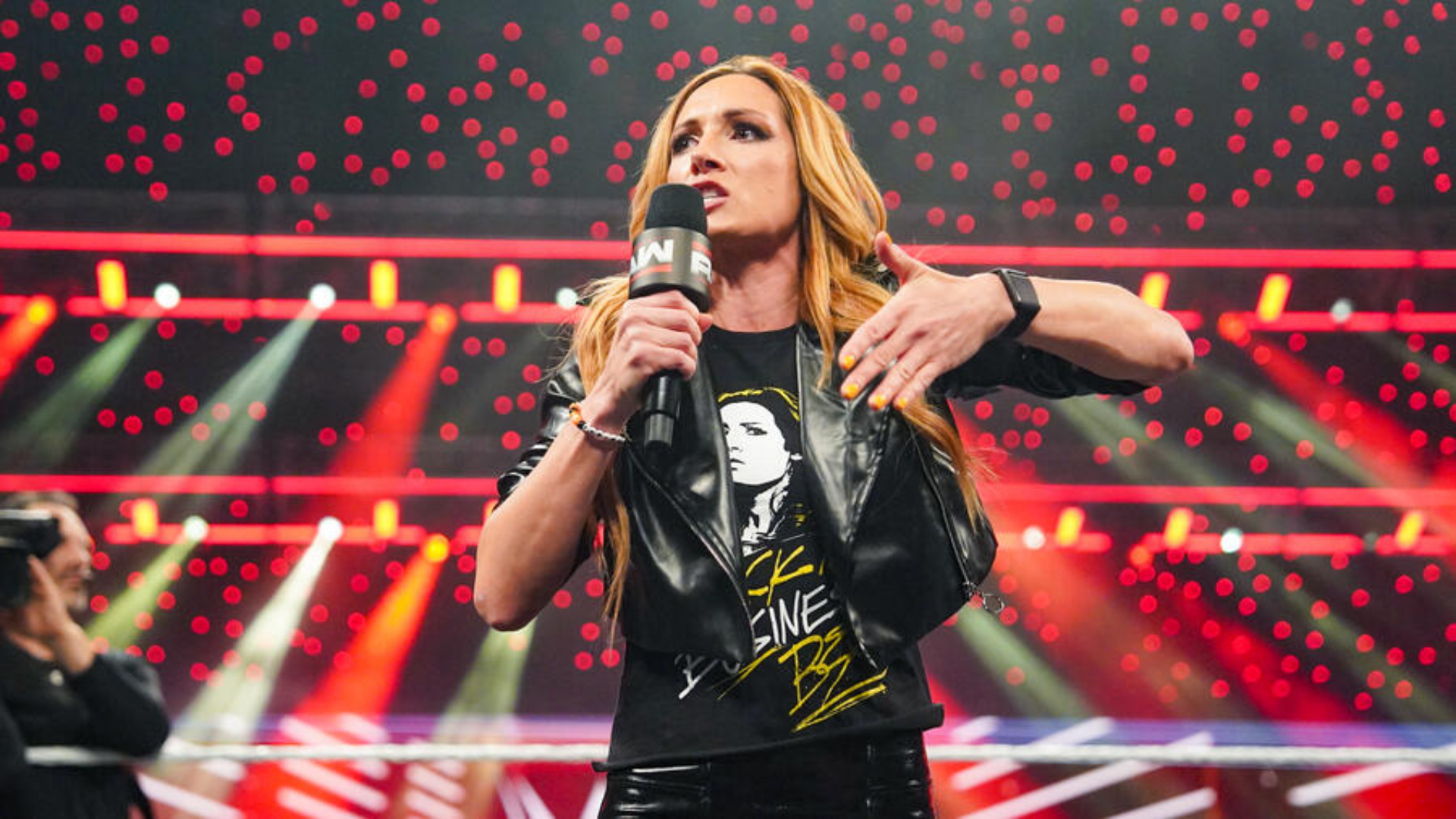
In June 2025, the Cumbria Opera Group captivated audiences with their performance of Mozart’s iconic opera, The Marriage of Figaro, at the Penrith Methodist Church in Cumbria, England. This event showcased the group’s commitment to bringing high-quality opera to a rural audience, reflecting their mission to make opera accessible regardless of geographical constraints.
Founded in 2016, the Cumbria Opera Group aims to foster appreciation for the arts in the region. Their statement underscores the belief that opera is “relevant and necessary” in contemporary culture. The group’s founder, Joe Davies, brings extensive experience to the role, serving as Assistant Conductor for the English Symphony Orchestra and as Artistic Director of the Cumbria Opera Group. Under his leadership, the organization has produced several notable works, including “Don Giovanni” and “Cosi fan tutte.”
A Whirlwind of Chaos and Comedy
Mozart’s The Marriage of Figaro unfolds on the day of Figaro’s wedding to his fiancée, Susanna. The narrative revolves around Count Almaviva, who attempts to exploit his noble status to delay their marriage, aiming to exercise an outdated feudal privilege. The plot thickens with Figaro facing blackmail from Marcellina, leading to a series of comedic misunderstandings and schemes.
The opera introduces characters like Cherubino, the young pageboy infatuated with Countess Rosina, and culminates in a series of revelations and reconciliations. Despite its complex narrative, the opera concludes on a joyous note, with Figaro and Susanna united and the Count seeking forgiveness.
Cast and Creative Team Highlights
The performance featured an impressive cast, with Ross Cumming portraying Figaro. His experience at prominent venues such as Opera Holland Park and Grange Park was evident as he delivered a vibrant interpretation of the character. Sofia Kirwan-Baez took on the role of Susanna, transitioning from a reserved presence in the early acts to a captivating performer in the duet “Canzonetta sull’aria.”
George Robarts as Count Almaviva added a touch of frivolity to the role, skillfully navigating the challenges of Mozart’s intricate score. Caroline Taylor delivered standout performances as Countess Rosina, particularly with her emotionally resonant arias in the second and third acts.
Special commendation goes to Gabriella Noble, who played Cherubino with boundless energy and comedic flair, bringing a dynamic presence to the stage. The supporting roles of Marcellina and Bartolo, portrayed by Holly Brown and Chris Murphy, contributed effectively to the overall ensemble.
The production was enhanced by the creative efforts of Emma Turner, who designed a rustic set, and Meg Bowyer, whose costumes blended authenticity with modern touches. Director Persia Babayan-Taylor effectively utilized the church’s layout to create engaging staging, while conductor Melvin Tay led a proficient nine-piece orchestra that included a harpsichord.
The Cumbria Opera Group’s commitment to making opera accessible is further evidenced by their ongoing festival, which began in 2021. The festival will feature performances of Benjamin Britten’s “The Turn of the Screw” and “Porgy and Bess Reimagined,” along with educational workshops in local schools.
In summary, the Cumbria Opera Group’s rendition of The Marriage of Figaro not only entertained but also reaffirmed the vitality of opera in contemporary society. Their dedication to spreading this art form to rural communities is commendable, ensuring that opera continues to thrive beyond traditional venues.







